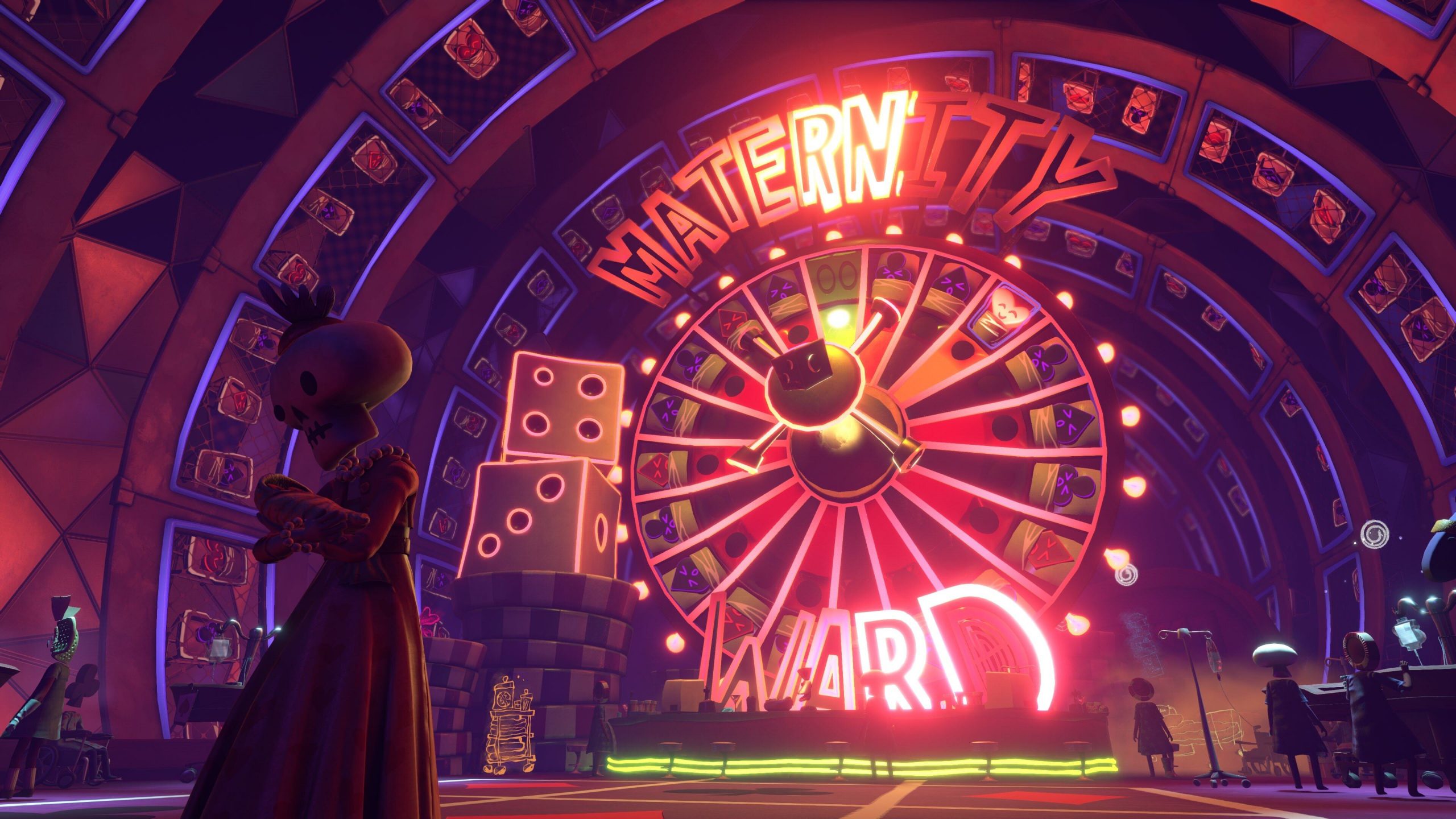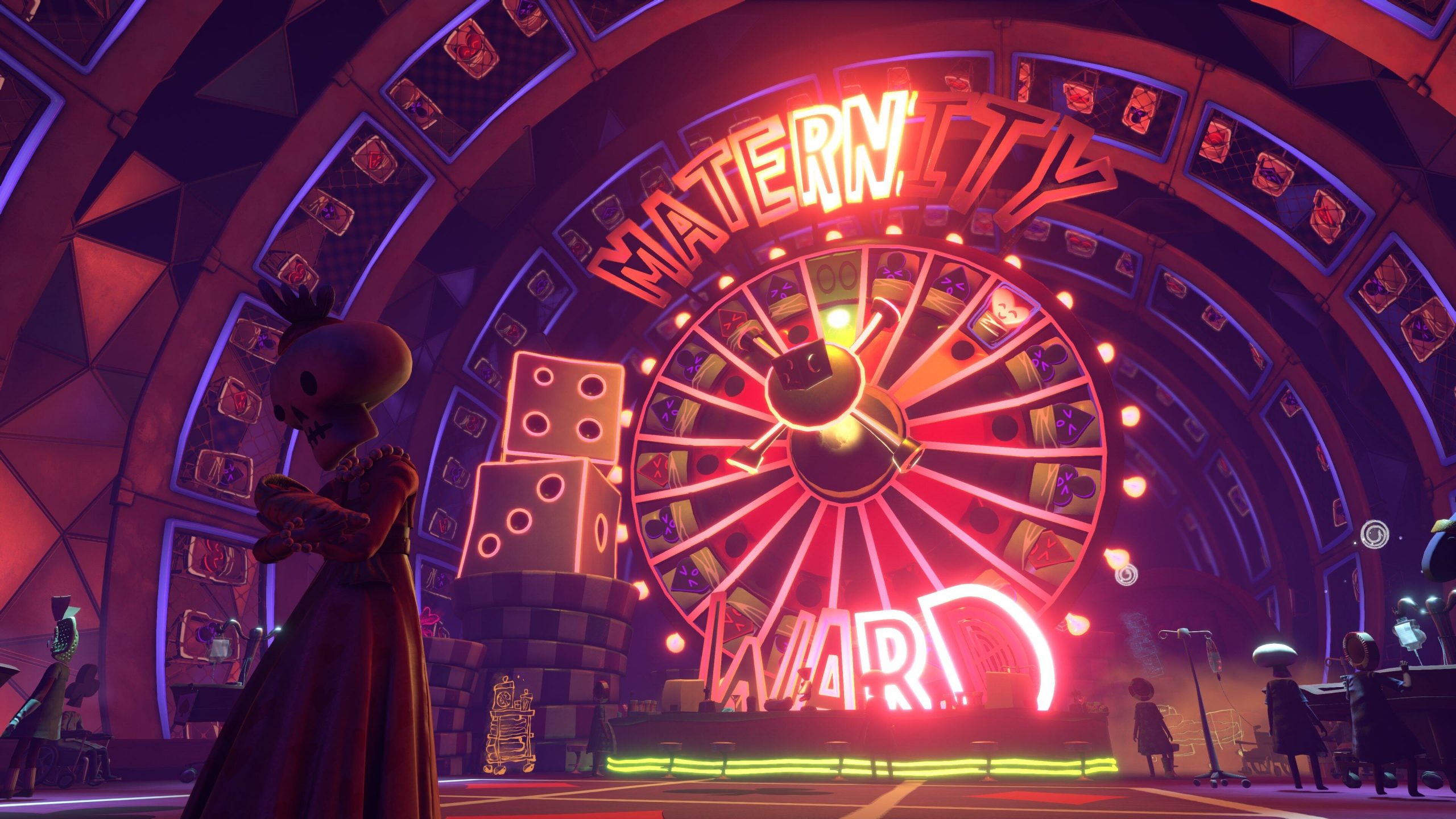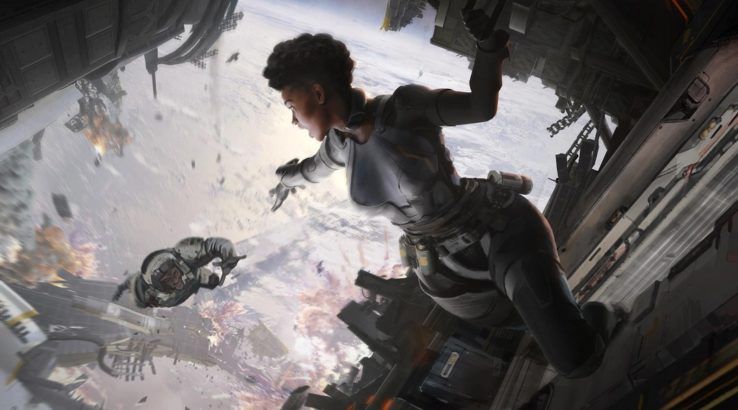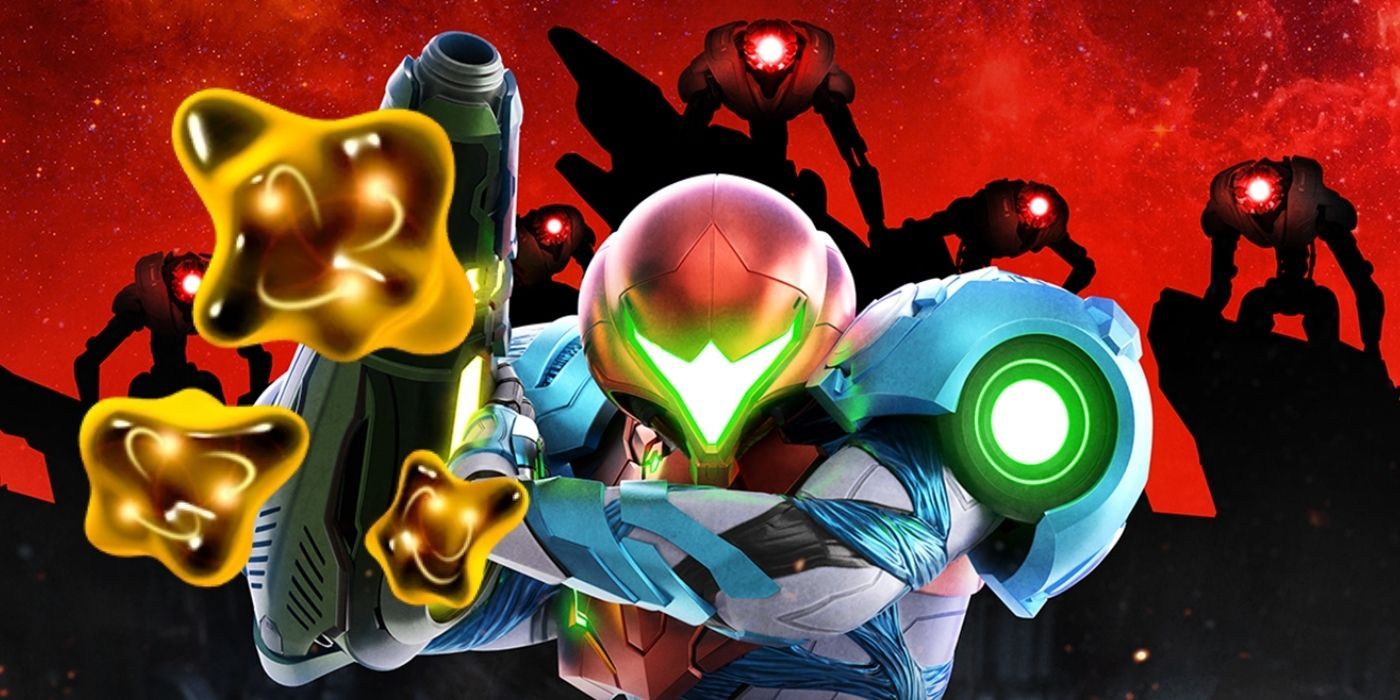
There’s still discourse surrounding video game difficulty, and whether or not developers should implement tools that turn even the most hardened of gaming experiences into a relative breeze. I think they should, and not just in service of continually progressive accessibility – in general, games shouldn’t seek to exclude those who aren’t up to the challenge of conquering a seemingly unstoppable boss or deftly maneuvering through a tight platforming section.
This medium is for everyone, and creators are finally learning to put aside difficulty in favour of that approach, or at least introduce tools to assist those who require extra in order to enjoy their favourite games. Traditional difficulty settings accomplish this to a certain degree, but the seasoned archetypes of ‘easy, medium, and hard’ are showing their age, with the likes of Ratchet and Clank: Rift Apart, The Last of Us Part 2, and so many others stepping forward to show that accessibility can be so much more than a simple difficulty toggle.
Related: The Final Fantasy 13 Trilogy Was Actually Pretty Damn Good
Psychonauts 2 is the latest player to join the world of gaming accessibility, recently stating it will feature an invincibility option that will prevent players from taking damage or dying. You will probably be able to yeet yourself off a cliff and force a respawn, but when it comes to doing battle with enemies, you’ll be untouchable. This is awesome, and essentially morphs what was once an old school cheat code into an accessibility option that makes completing the game an achievable task for everyone.
If you beat Psychonauts 2 with the invincibility toggle on, you still beat P2. https://t.co/OinBv1nuNr
— Double Fine (@DoubleFine) July 9, 2021
Double Fine confirmed the feature in a tweet that states ‘If you beat Psychonauts 2 with the invincibility toggle on, you still beat P2.’ This reinforces the attitude that opting for such accessibility settings make you an equal player, one who shouldn’t be shamed online because you prefer an easier ride or wish to alleviate the frustration that comes from hitting your head against insurmountable obstacles. Now, the game isn’t out yet, so it’s far too early to determine whether challenge forms a fundamental part of its identity, but given it’s a zany platformer, I imagine accessibility options will simply allow for visual, audio, and input aids that make it much easier to experience. Users can register their own commands with the Xbox Adaptive Controller, or adjust settings so the game abides by a bespoke set of parameters unique to their own wants and needs. If you can spin a negative out of this, you might want to step back and take a look at the bigger picture.
I was of the opinion that difficulty can be an integral part of a game’s vision right up until I played Celeste for the first time. I adored its world and characters and was desperate to progress through its narrative and see exactly what its thematic elements would eventually explore. But beyond the first couple of stages, I kept finding myself unable to progress. It required a sense of precision platforming that I wasn’t capable of achieving. So I switched on the invincibility slider, allowing me to zip through previously inpenetrable stages in a matter of moments. Sure, I was ignoring brilliant level design in favour of pursuing the story, but this was an accessibility option fulfilling its intended purpose.

Celeste is a game that has so much to say about the nature of identity, mental health, and confronting one’s demons in a way that leads to a healthier way of life. Its fiercely unforgiving platforming is arguably a way of expressing this struggle, but it’s not something everyone is capable of getting through. Its core message still rings true regardless of whether or not you beat it the old-fashioned way, and the creators behind it realised as much and introduced mechanics that allowed everyone to push through regardless of skill. I’m unsure if it sets a benchmark, but more and more games are adapting to this ethos by both offering a challenge to more traditional players while simultaneously ensuring that nobody is left out in the cold.
Gaming has abandoned its echochamber and broadened its horizons, even if it means old-fashioned critics aren’t happy. Dark Souls and Returnal are both games that shine because they are difficult in the traditional sense, encouraging players to learn endless mechanics and adapt to an ever-changing selection of environments and enemies until they eventually emerge triumphant. There’s value in this perspective, and I’ll continue to embrace games like this that make it feel like I’ve achieved something magnificent.
However, accessibility is equally – if not more – important, allowing everyone to enjoy these games without compromise. More and more studios are highlighting the importance of this outlook, with Psychonauts 2 showing that even invincibility doesn’t cheapen the accolade of conquering your favourite virtual passtime. It’s all about fun, which is often forgotten as we focus on substanceless pride associated with our favourite hobbies that should be welcome to all.
Next: The Walking Dead Pilot Is Still A Masterclass In Horror Television

